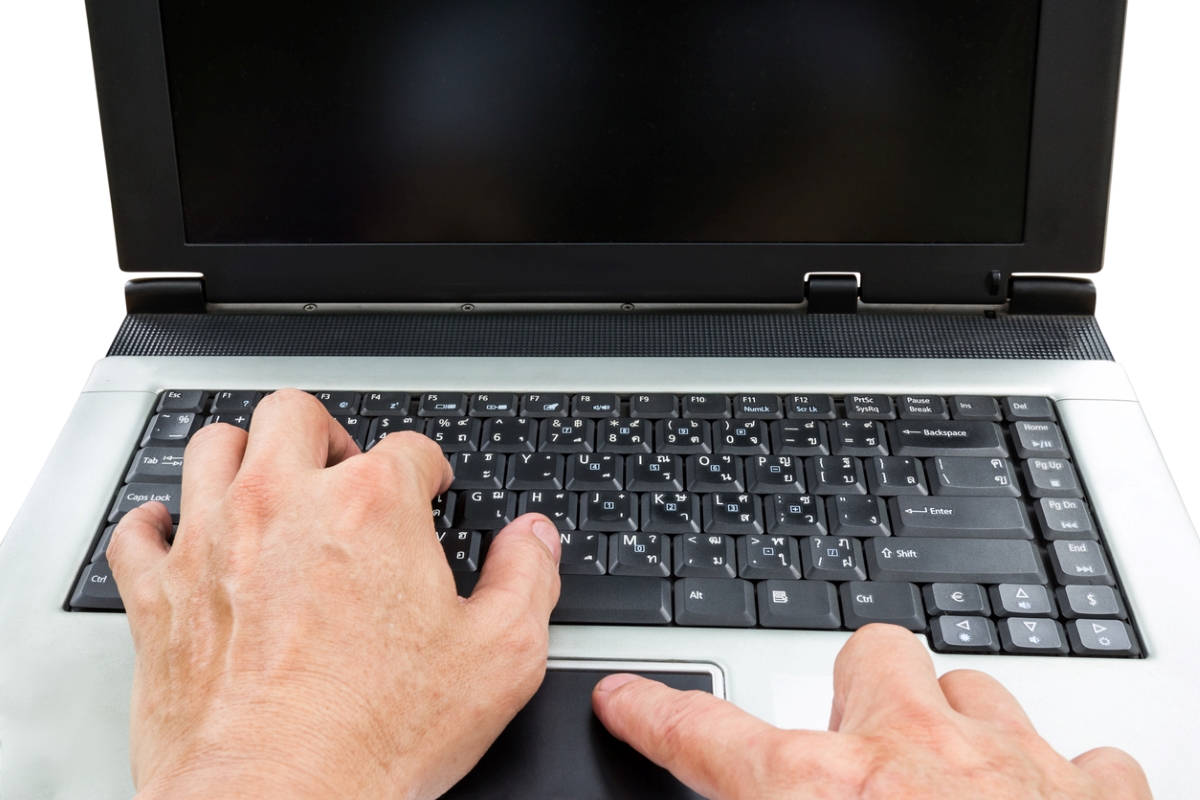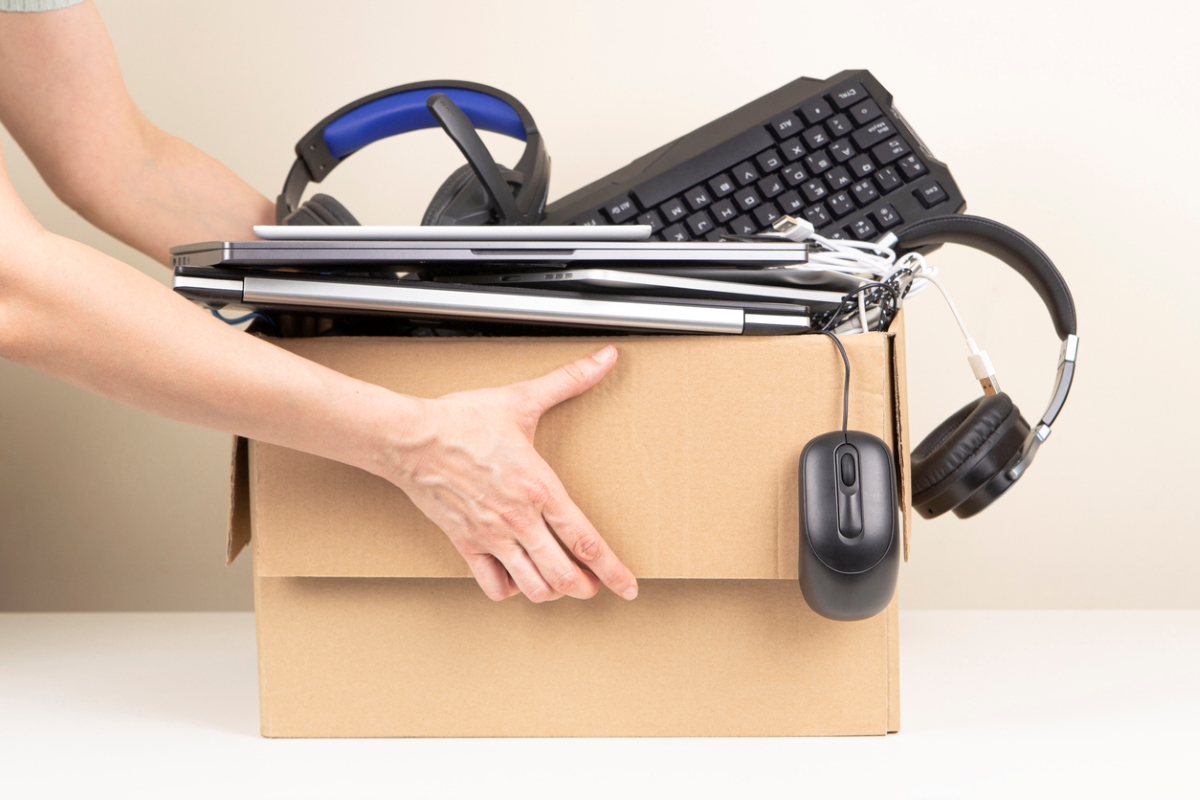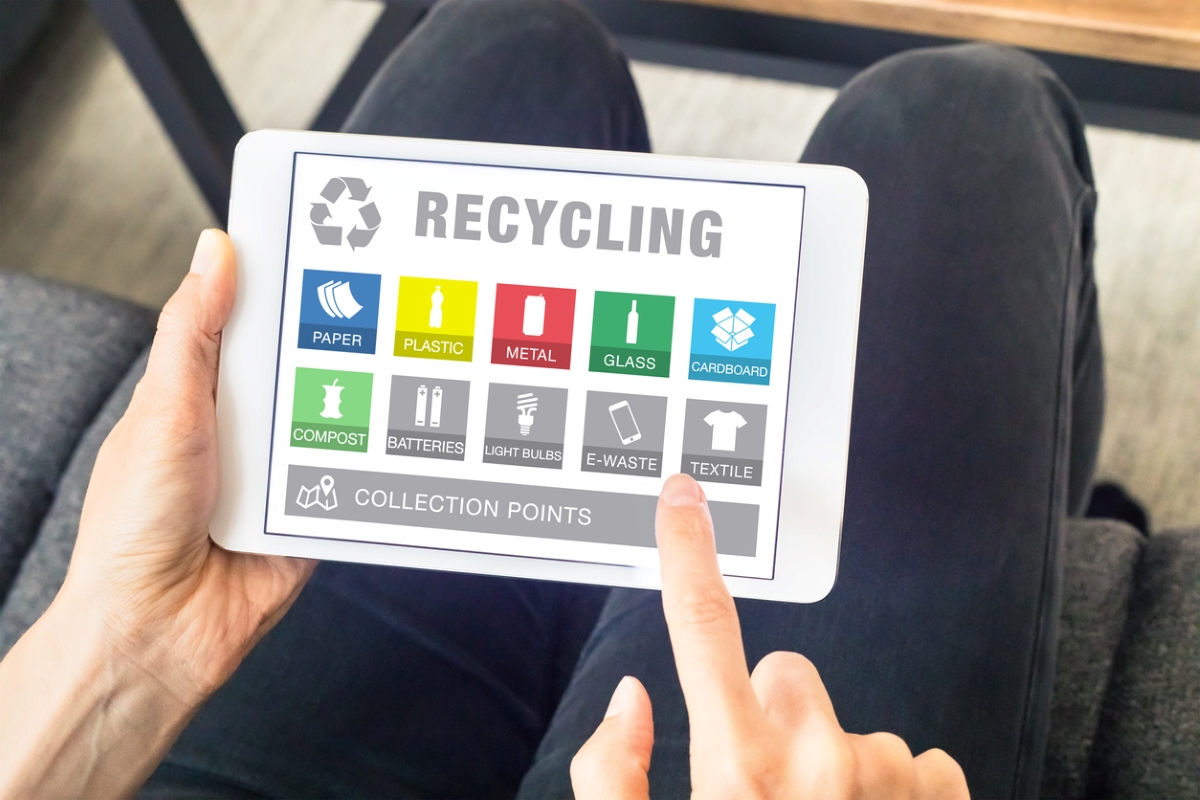

We may earn revenue from the products available on this page and participate in affiliate programs. Learn More ›
Q: I finally upgraded my old, slow laptop for a newer model. I know throwing old computers in the dumpster is bad for the environment, but I also don’t want it just collecting dust in my home. How do you get rid of old computers responsibly?
A: You are correct that you should not simply throw away an old computer. In fact, there are several things to know about disposing old electronics, such as an old PC or old computer parts. Improperly disposing of old electronics can have potentially serious repercussions—both for the environment and your personal security. Read on to learn more about what to do with old computers to make sure that you protect the planet along with any personal information that may be stored on them.
Before you do anything with an old computer, first back up important information and clear the hard drive.

The first thing you’ll want to do before getting rid of old Apple computers or other devices is to backup any files or programs that you want to save. You could back these up to the cloud, save them to an external hard drive, or copy them onto your new computer.
Once you’ve saved the information you need, clear all of your information from the device. As Victor Willingham, a lead information security engineer for Wells Fargo, says, “Data is the number one commodity on the internet today. Millions of internet users have had their personal information compromised.” He adds that this can lead to, “loss of control of social media accounts, loss of access to bank accounts or money, compromised credit from fraudulent accounts being opened, and many more issues.” After deleting all of your files from the device, wipe the hard drive clean by resetting the device to factory settings. The exact process will vary based on your specific computer and its operating system, so you’ll want to consult information from the manufacturer to help you.
Wi-Fi networks present an additional security risk, Willingham says. “Most technology relies on hard-coded identifiers for two devices to recognize one another, much like a cordless phone or a garage door opener. If your smartphone or laptop is connected to your Wi-Fi today, even if you sanitize all personal data from it, someone may still be able to use that device to access your Wi-Fi network in the future.” Prevent this by either blocking specific devices from accessing your network or by changing the password for your network when you get rid of a computer. Willingham suggests thinking of this process as “changing your locks after a roommate moves out.”
Create a home server or use it for additional digital storage.
Instead of getting rid of an old desktop computer, you might want to consider using it as a home server. Home servers can increase your media storage space while also making it quicker and easier to access these files. When you have pictures, videos, songs, and other large files stored on the home server, you’ll have more space on the other devices in the home. But, you’ll also be able to easily access any of these files from the other computers, tablets, and smart devices that are connected to the home network. If this idea is intriguing to you, reach out to a local IT professional to help you set up the home server, or if you’re feeling up to a technological DIY project, read up on the subject or watch a few YouTube videos to get started.
RELATED: 30 Gaming Room Ideas for the Perfect Streaming Setup
Donate an old computer that still works.

You can donate old computers to help individuals who otherwise may not have access to technology. After you’ve cleared your information, consider giving your device to a local charity, such as Goodwill.
You could also consider reaching out to local schools or women’s shelters to see if they could use an old computer monitor, desktop, or laptop. This would help your donation directly benefit people who live in your community.
Trade it in or sell it online.
Before purchasing a new computer, look to see if the store or retailer you plan to purchase from offers any trade-in deals. Some may provide you with a credit towards the purchase of a new computer when you trade in your old model.
If you’ve already purchased the new device or cannot find any trade-in offers, sometimes you can also sell old computers. If your old laptop or desktop still works well and isn’t too outdated, try selling it online. Consider sites such as Craigslist or Facebook Marketplace, along with others like Swappa or Decluttr that are more geared towards technology.
Find a local retailer that accepts and recycles old computers.
If your laptop or desktop are too outdated or don’t function properly for selling to be any option, you should look into recycling. When you recycle old computers, you keep them out of the landfills, protect the environment, and allow the usable components to be salvaged and reused to make new electronics. Computers are considered e-waste. According to the Environmental Protection Agency, the amount of e-waste being generated is growing faster than any other type of waste due to the sheer number of electronic devices that Americans use—and frequently upgrade.
To help cut down on e-waste, some retailers offer recycling programs for computers and other electronics. You can bring your old laptop or desktop into Best Buy, Staples, or one of these other retailers to ensure that it is properly recycled.
Dispose of old computers at your local e-waste recycling facility.

“Some state and county waste management facilities have technology recycling programs. Other areas may have corporate sponsored community tech-recycling events,” shares Willingham. When you’re looking for how to get rid of old computers, try searching for “e-waste recycling near me” to determine whether such programs are available in your area.
Final Thoughts
Learning how to dispose of old computers is essential—regardless of whether you have vintage computers from decades ago or models from the past few years. Remember to always start by destroying the hard drive or at least wiping it clean of any personal data. Once your information has been removed from the device, sell or donate usable models, or bring those that have outlived their useful life to a community recycling center or retailer that offers recycling for electronics.
